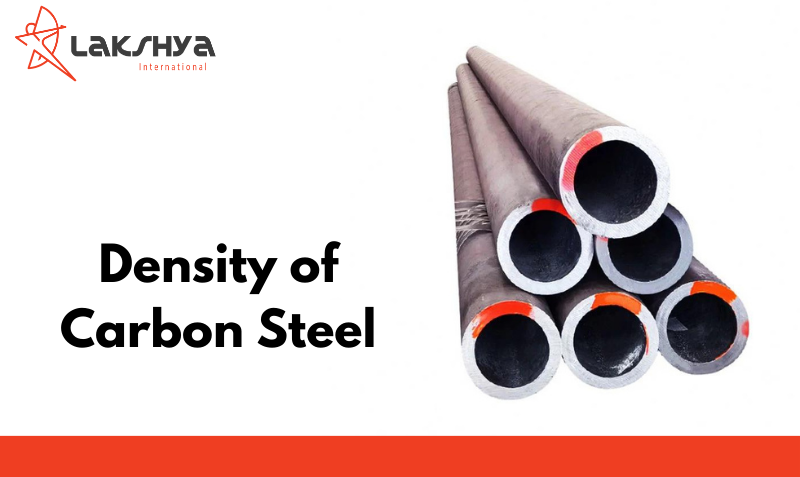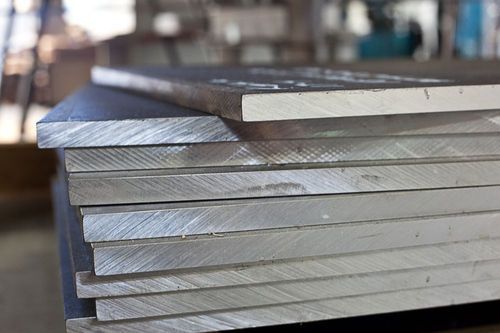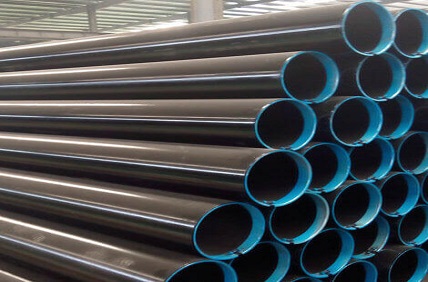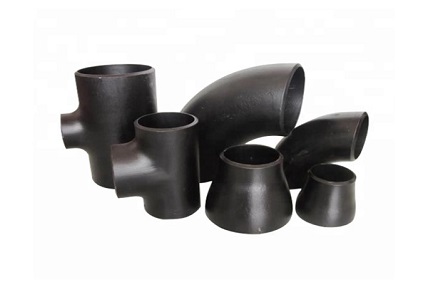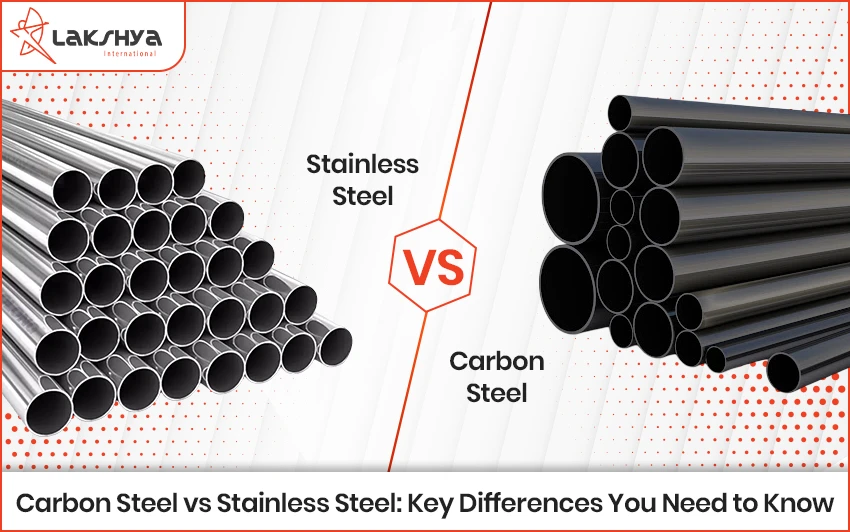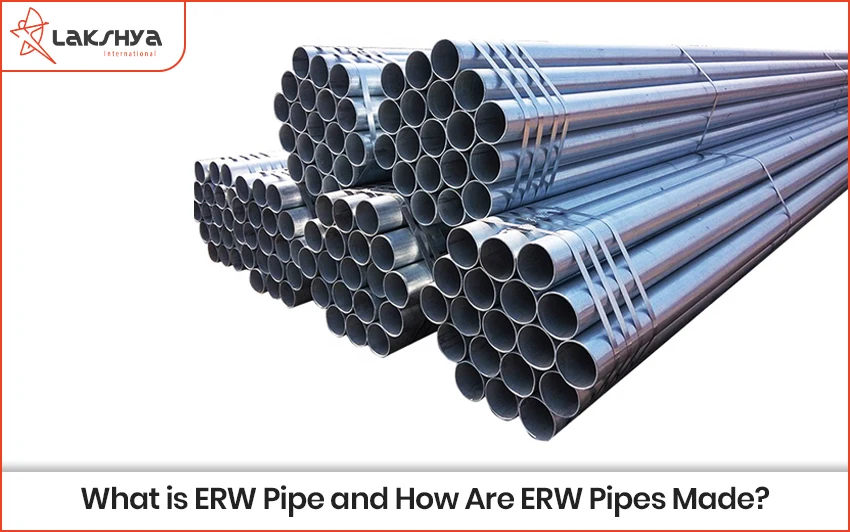Carbon steel is a strong mix of iron and carbon, with some other elements added. It’s tough but can be tricky to work with if it has a lot of carbon. People use it a lot in building, making cars, and creating machines. It’s also popular for making knives and tools because it’s cheap and easy to shape. However, it can rust if not taken care of properly. Carbon steel’s density is important because it affects how strong it is and where it’s used, making it useful in many industries and daily life.
Today, we delve into the fascinating world of carbon steel density, exploring its intricacies and impact on the material’s properties.
Why is the density of carbon steel important?
The carbon steel density is crucial in engineering and manufacturing because it affects the weight of the material, the strength-to-weight ratio, and how strong it is in different dimensions.
What is the Density of Carbon Steel?
The density of carbon steel is about 7.8 grams per cubic centimeter (g/cm3) or 0.284 pounds per cubic inch (lb/in3). This can change a bit depending on the type of carbon steel, ranging from 7.75 g/cm3 (0.282 lb/in3) to 8.05 g/cm3 (0.291 lb/in3). Carbon steel is lighter than some metals like stainless steel and copper alloys but heavier than aluminum.
ow does density affect carbon steel properties?
The density of carbon steel plays a crucial role in determining its key properties. Higher density generally means greater strength and resistance to deformation, requiring more energy to change shape. However, it also leads to lower electrical conductivity and higher heat capacity, as well as increased thermal expansion rates when exposed to temperature or pressure changes. These factors collectively impact how carbon steel behaves and performs in various applications, making density an important consideration in material selection.
What are the factors which affect carbon steel density?
- Carbon content: The more carbon in the steel, the denser it becomes.
- Heat treatment: Altering how the steel is treated can change its density.
- Temperature and pressure: Environmental conditions can impact the steel’s density.
- Grain size: The size of grains in the steel’s structure affects its density.
- Surface treatment: Any treatments applied to the steel’s surface can also influence its density.
What is the Carbon Steel Density in kg/m3, g/cm3, lb/in3
The density of carbon steel is 7850 kg/m³ or 7.85 g/cm³ (0.284 lb/in³). This value isn’t fixed, however, and can vary slightly from 7.75 g/cm3 (0.282 lb/in3) to 8.05 g/cm3 (0.291 lb/in3) depending on the specific type of carbon steel and the presence of other alloying elements. For example, high-carbon steel tends to be slightly denser than low-carbon steel.
Density Low Carbon Steel Chart
The density of low carbon steel can vary slightly depending on the specific grade and composition, but it typically falls within the range of 7.75 g/cm³ to 8.05 g/cm³ (0.282 lb/in³ to 0.291 lb/in³).
Here is a table showing the densities of some common low carbon steel grades:
| Grade | Density (g/cm³) | Density (lb/in³) |
| AISI 1005 | 7.85 | 0.282 |
| AISI 1006 | 7.85 | 0.282 |
| AISI 1008 | 7.85 | 0.282 |
| AISI 1010 | 7.85 | 0.282 |
| AISI 1011 | 7.85 | 0.282 |
| AISI 1012 | 7.85 | 0.282 |
| AISI 1013 | 7.85 | 0.282 |
| AISI 1015 | 7.85 | 0.282 |
| AISI 1016 | 7.85 | 0.282 |
| AISI 1017 | 7.85 | 0.282 |
| AISI 1018 | 7.85 | 0.282 |
| AISI 1019 | 7.85 | 0.282 |
| AISI 1020 | 7.85 | 0.282 |
| AISI 1021 | 7.85 | 0.282 |
| AISI 1022 | 7.85 | 0.282 |
| AISI 1023 | 7.85 | 0.282 |
| AISI 1025 | 7.85 | 0.282 |
| AISI 1026 | 7.85 | 0.282 |
| AISI 1110 | 7.83 | 0.281 |
| AISI 1117 | 7.83 | 0.281 |
| AISI 1118 | 7.83 | 0.281 |
Difference Between Carbon Steel and Stainless Steel
| Physical Features | Stainless Steel | Carbon Steel |
| Melting Point | The melting point of stainless steel varies between 1375 to 1530 Deg C, which is less than carbon steel. | Typically, Low Carbon Steel has a melting point of 1410 Deg C. The melting point of high Carbon steel ranges between 1425-1540 Deg C, which is greater than stainless steel. |
| Average Density | The average Density of Stainless Steel is 8000 Kg/m3, which is slightly heavier than Carbon Steel. | The average Density of Carbon Steel is 7850 Kg/m3, which is less than stainless steel. |
| Co-Efficient of Linear Thermal Expansion | Depending on grade, the coefficient varies in the range of (10-17.3) X10-6 m/ (m °C). The expansion coefficient of Stainless Steel is comparatively more than that of Carbon Steel. | The thermal expansion coefficient for carbon steel varies in the range of (10.8 – 12.5) X 10-6 m/ (m °C). This is generally less than stainless steel. |
How Does Density Affect Carbon Steel Properties?
Density plays a crucial role in determining several key properties of carbon steel:
- Strength-to-weight ratio: Carbon steel’s high density, coupled with its inherent strength, makes it a material with an excellent strength-to-weight ratio. This means you can achieve the required strength without adding excessive weight, making it ideal for applications like aircraft construction.
- Corrosion resistance: While not as corrosion-resistant as stainless steel, carbon steel’s density contributes to its ability to form a protective oxide layer on its surface. This layer helps resist corrosion in certain environments.
- Machinability: Density also influences the machinability of carbon steel. Its relative softness compared to other metals like titanium makes it easier to machine and shape into desired forms.
Conclusion:
In conclusion, the density of carbon steel significantly influences various properties, including strength-to-weight ratio, malleability, ductility, electrical conductivity, heat capacity, and thermal expansion rate. A comprehensive understanding of these factors empowers engineers and designers engaged in diverse applications, such as automotive components or construction materials. This knowledge enables them to make informed decisions about the most suitable grade or type of carbon steel for their specific requirements, considering both cost considerations and performance criteria tailored to each application area. Armed with this understanding, engineers and designers can make well-informed choices in selecting the appropriate grade or type of carbon steel for their projects, balancing cost considerations with the performance requirements specified for each application area where this material may be utilized.
FAQs
What is the density of carbon steel in kg m3?
The density of carbon steel typically ranges from about 7,750 kg/m³ to 8,050 kg/m³.
What is the density of carbon steel in lbm in3?
The density of carbon steel is typically around 0.284 lb/in3.
What is the density of medium carbon steel?
The density of medium carbon steel is typically around 7.85 g/cm³.
What is the weight of carbon steel?
The weight of carbon steel depends on its density and volume.

